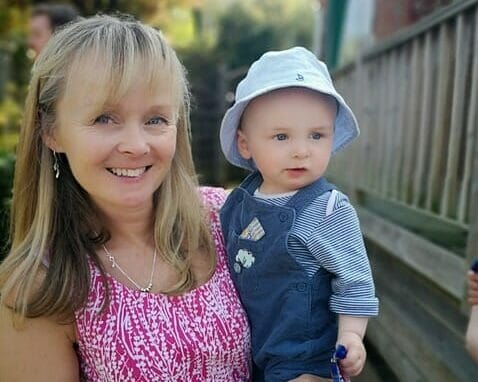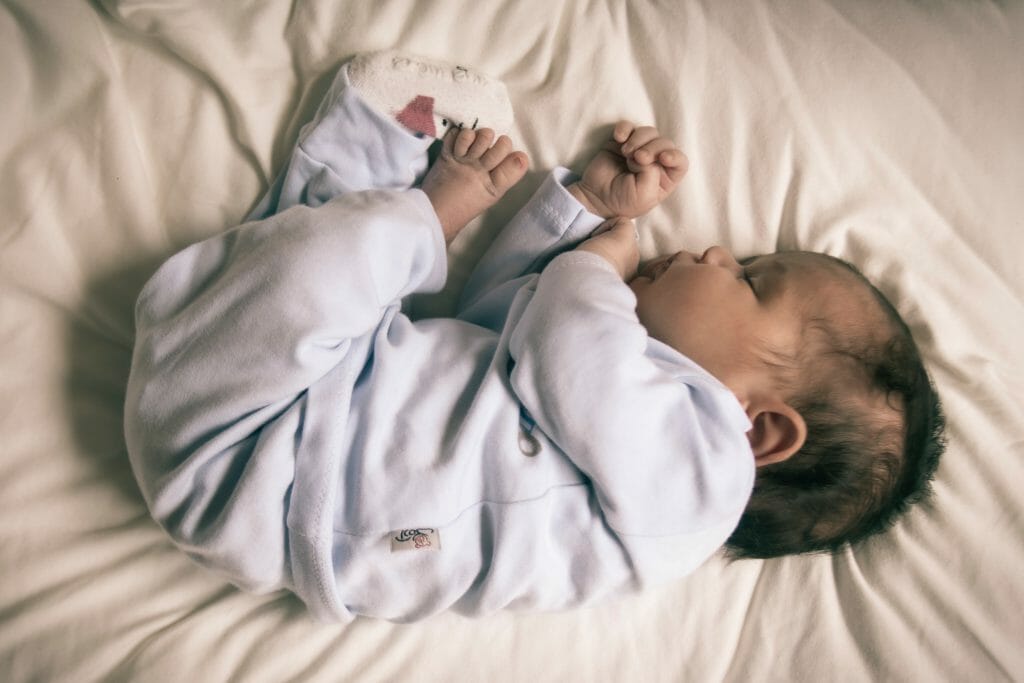
The Secrets of Successful Sleep
As a new parent, we know it can be extremely daunting bringing your baby home and familiarising yourself with the day to day needs of a newborn. Learning to identify the difference between ‘change my nappy’ crying and ‘I need food’ crying, mastering the one-hand wipe opening and perfecting the art of creeping silently from a room when you finally get your little one snoozing – but it doesn’t have to be this difficult!
Sleep coaching is a methodical and personal way to nurture your baby into a routine which works for you, identifying a specific time for settling down each night and teaching you just how easy bedtime can be.
Many people have different approaches to bedtime, whilst some leave their babies to cry and others tend to their every stir, sleep coaching will teach you a healthy balance of both so you can identify exactly what your baby needs and what their cry is telling you. An individually personalised programme, sleep coaching adjusts feeds and bedtime around your baby’s age to ensure a peaceful night’s sleep for the whole family.

Routine is Key
Sleep coaching is all about creating a regular routine, and in this exercise, there are certain do’s and dont’s to ensure a stress-free process (well, as close as we can get with a newborn). Having a clear timeline for the day is a good place to start, try to regulate feeds/solids and naps to take place at the similar, if not the same time every day, this will teach your little one what to expect and allow you to plan the washing, cooking or sleeping around your tiny tot. Creating sleep cues and scheduling them into your day is an excellent habit to get into, meaning your baby will anticipate bedtime before it even arrives to prepare themselves for a deeper, longer sleep.
Self-Settling
Self-settling is an important thing to look out for in your baby’s early stages to identify how much help their routine will require; if your baby is able to fall asleep by themselves without any encouragement, then they can definitely settle back to sleep independently if they wake, this is something to refer to when you’re about to run across the landing to your baby’s bedside after already doing so what feels like 35 times.
Sleeping in babies is a development process, the same as everything else, and it takes time for a routine to evolve so don’t panic if you don’t see instant changes, everything you do is helping. Babies grow at different rates, their first smile, clapping of hands, crawling, walking and talking all come at different stages and sleep is no different; whilst some babies don’t experience trouble drifting off, others can find it really difficult being away from their parents or falling asleep independently.
Changes in Behaviour
Between the ages of 3-4 months babies sleep cycles begin to mature into what will be more adult like rhythms. This often disrupts their sleep patterns as when they are tiny, they experience a significant period of time in what is called Non-Rapid Eye Movement sleep or deep sleep. They will begin to have periods of lighter sleep and therefore wake more easily as they become more aware of their surroundings and how they feel asleep.
Why is my baby waking for more feeds? This is normal for a breastfed baby at around four months, whilst they may have been sleeping 6-8 hours a night, once sleep development kicks in, their waking periods can become more frequent. You will notice that during this period, feeds may be shorter and more often, especially during the day. Now that your little one is acute to their surroundings; their curiosity means they are easily distracted from their feed; try sitting in quiet rooms or use a breastfeeding cover or muslin cloth to keep your baby focused during these stressful times.
Happy Napping
How long should my baby go between sleeps? A fine art to master admittedly, whilst a popular belief states less sleep in the day equates to sleeping longer at night, this is definitely not the case! Lack of naps will make your baby overtired and they will then struggle to fall asleep at night and make it rather difficult whilst doing so. Your baby can nap out and about in their Ergobaby carrier, pram, at home in their cot as long as they have regular naps during the day.
The below chart gives you an idea of Naps & Gaps appropriate for your little one’s age.
An overly tired baby will not want to go down lightly, to avoid a bedtime battle when 7pm finally comes around frequent naps throughout the day are essential. Remember, it’s normal for little ones to wake in the night for a feed or reassurance but the shorter time they stay awake the better.
For many parents and babies, sleep coaching is not needed or appropriate and if so, that’s great. If, however, you are finding that both you and your baby are exhausted, you’re not getting enough sleep and you feel grumpy or tired, then sleep coaching is for you.
Sam Saunders, aka The Baby Guru boasts years of experience as a successful parenting coach, and with four children of her own, specialises in sleep advice, behaviour, feeding and routine programmes for babies and children, taking the stress out of being a parent.
Get in touch today to discover the benefits of what a tailored sleep coaching plan from The Baby Guru can do for you. www.thebabyguru.co.uk. Follow Sam on Facebook & Instagram Thebabyguruofficial.



